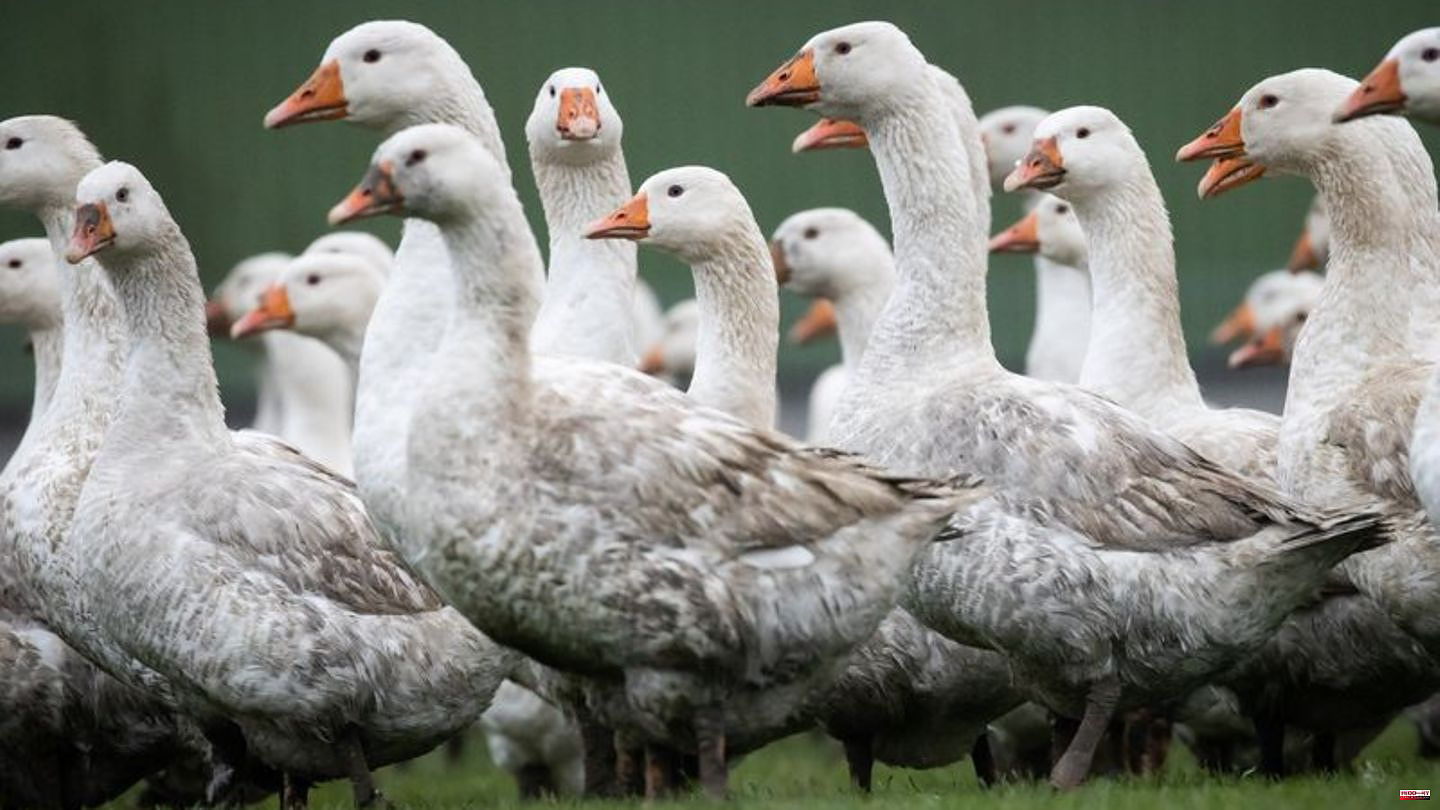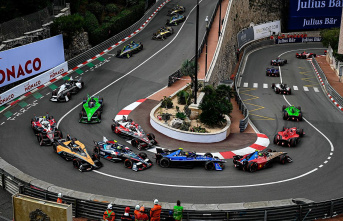This year, the energy crisis will also make itself felt for many guests at the Christmas banquet in the restaurant. Because of the war in Ukraine and bird flu, Christmas geese are scarce, and their prices have recently risen significantly.
According to an industry survey by the hotel and restaurant association Dehoga, more than three quarters of restaurateurs are therefore adding cheaper alternatives to their goose menus: game, duck or beef are the most popular choices, the association said.
"Significantly fewer geese were stabled and fattened this year," says Herbert Dohrmann, President of the German Butchers' Association (DFV). "The bird flu isn't really under control, and the Ukraine war has also made animal feed much more expensive."
This summer alone, 40,000 geese were killed in Germany because of avian influenza, said Dieter Oltmann, Managing Director of the Lower Saxony Poultry Industry Association. In Lower Saxony there were 16,000 animals. The restaurateurs notice that too.
The mood is mixed
In addition to increased purchase prices for groceries, they are also struggling with high energy costs. According to the industry survey, this is currently the greatest challenge for almost 90 percent of them. In an earlier Dehoga survey, many of them stated that they could at least partially pass on the rising costs to the guests. But only a few of them were able to do this completely. The mood in the industry therefore remains mixed.
According to the current industry survey by Dehoga, sales in October were still almost 10 percent below the pre-corona level of October 2019. Almost every fifth company surveyed stated that they did not have to close the federal government’s relief package. And the outlook for the Christmas business also remains subdued.
Between hope and fear
According to Dehoga, more than 45 percent of the companies surveyed described the booking and reservation situation for the months of November and December as poor. However, more than half found the situation to be good or satisfactory. Dehoga President Guido Zöllick spread confidence on Monday: "We know that guests book much more quickly today," he said. "That gives hope for the Christmas business."
The "relief effect of energy and electricity price brakes" must now reach consumers and companies quickly, Zöllick demanded. "Now it is important that the open questions of development technology and state aid are clarified quickly."
The current survey on consumer sentiment by the German Retail Association (HDE) could give some hope. Accordingly, despite rising prices, people are somewhat more willing to buy something again. The months-long downward trend in consumer sentiment is no longer lasting, said the German trade association in Berlin. When it comes to their own income and economic development, people are therefore somewhat more optimistic than recently.
The catering industry must hope that consumer plans for Christmas dinners away from home will quickly become more concrete. It should not fail because of cheaper alternatives to the Christmas goose.








